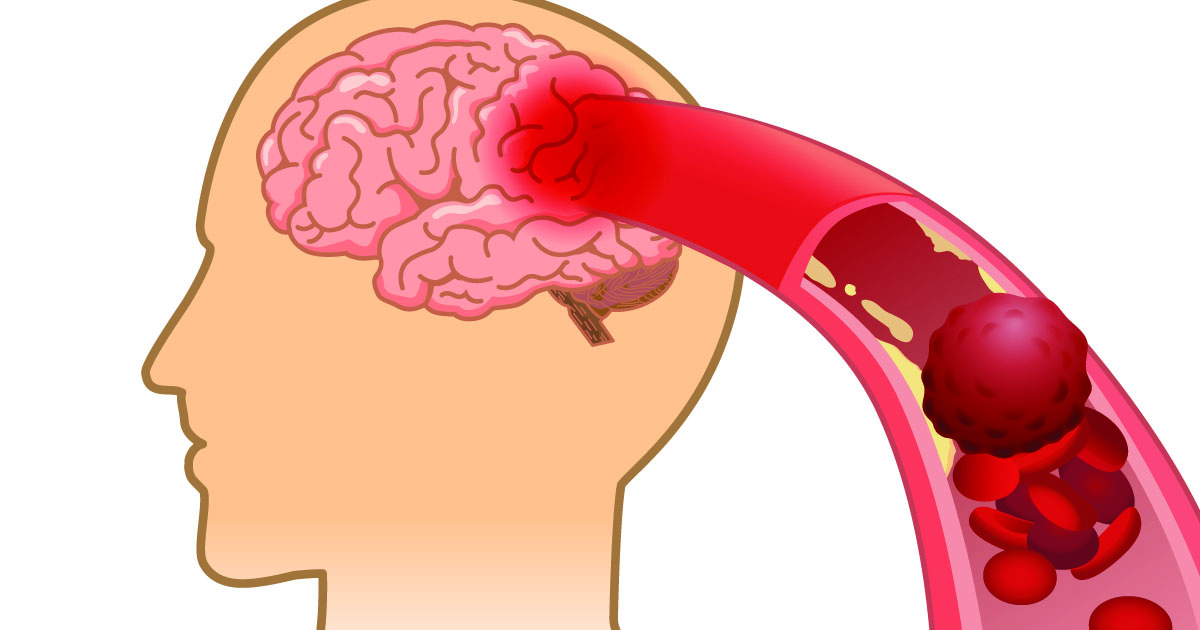Whatever your opinion about eggs, let’s be honest, you probably have had a carton in your fridge at some point.
Eggs and cholesterol
If you’ve lived long enough, you’ve probably heard that eggs are bad for you because they contain cholesterol?
Wrong. There is cholesterol in eggs, but it’s not the terribly bad cholesterol of the blood type. You don’t have to worry about cholesterol in eggs, at least according to nutritionist Jennie Nyenvik from the Swedish site Aftonbladet.
Not only that, but studies have shown that a protein-rich breakfast can actually help you lose weight. According to research, a low-calorie diet combined with a regular portion of eggs for breakfast can help you lose weight twice as fast.
Also, keep in mind that eggs can help you feel full longer, meaning they are useful in reducing your total calorie intake.
Eggs strengthen your immune system
Since most people have just gone through the winter months – you might have been sneezing and coughing the past few weeks – this is the perfect time to say that eggs can strengthen your immune system.
Studies have shown that just two eggs a day can help protect against infections, viruses, and general illnesses.
An egg contains 22% of the recommended daily amount of selenium; an element known to strengthen your immune system.
Eggs and the body
Have you ever heard of the amino acid choline? It affects the nerve signals that help us remember the little daily things – for example, where you left your keys or wallet.
According to research, additional choline supplements can improve memory and reaction time.
Lutein helps keep your eyes clear and sharp. New research has shown that chicken eggs are rich in lutein, so they are good for your eyes. Lutein is naturally produced by your eyes and protects the retina from damage.
Prevent depression
Vitamin D can be hard to come by in the winter, as the sun does its best to hide. Eggs can, however, help you get it. Vitamin D is immensely useful for the pH balance of our teeth and the strength of our bones in general.
Vitamin D can also help prevent depression, and they contain plenty of folic acid, a type of vitamin B necessary for the formation of new red blood cells.
People with a folate deficiency are at risk of anemia. Folic acid is also important for the proper development of fetuses in the uterus. Good to know for expectant mothers.
Anti-aging
As mentioned earlier, eggs contain amino acids that help in cell building and regeneration. This can help in combating aging when it comes to your appearance.
As we age, our need for vitamin D doubles. The recommendation for people over 60 is 10 micrograms. One egg provides about 0.7 micrograms.
Reduced heart risk
Researchers from Canada have found a clear link between an egg-rich diet and reduced risk of heart disease and certain forms of cancer, writes Feel Good.
The secret to this? Eggs contain two important antioxidants: tryptophan and tyrosine.
People with low LDL (low-density lipoprotein) levels are at greater risk of heart problems. Apparently, eggs can actually increase LDL levels and thus reduce the risk of heart-related problems.
I’m sure you already knew that eggs are good for you, but maybe you’re now looking at eggs in a new light.




